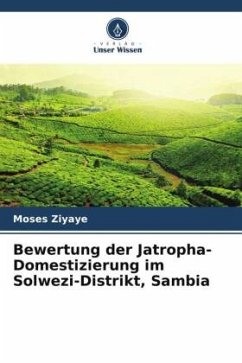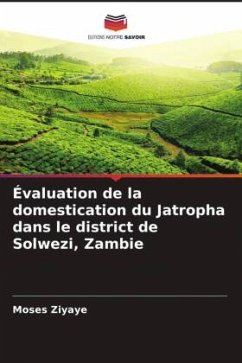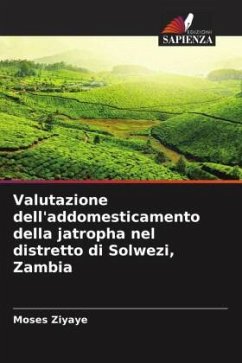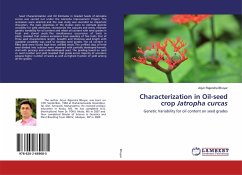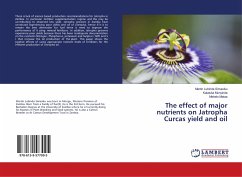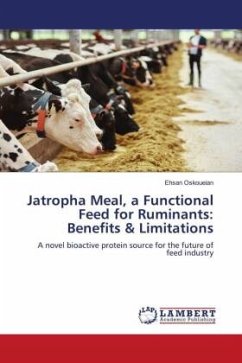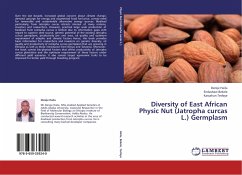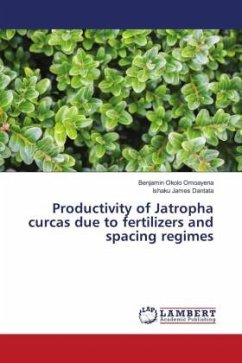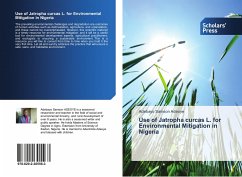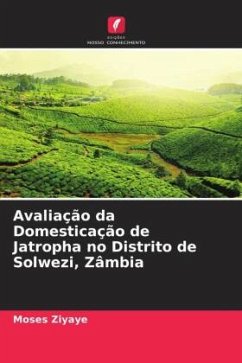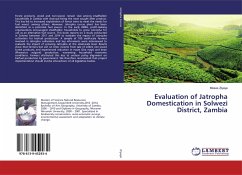
Evaluation of Jatropha Domestication in Solwezi District, Zambia
Versandkostenfrei!
Versandfertig in 6-10 Tagen
36,99 €
inkl. MwSt.

PAYBACK Punkte
18 °P sammeln!
Forest products, wood and non-wood, remain vital among smallholder households in Zambia with charcoal being the most sought after product. This has led to increased exploitation of forest trees to meet the needs for fuel wood, among others. However, Jatropha curcas plant has been identified as a potential fuel source. In the early 2000s, profit-making organizations encouraged smallholder households to grow Jatropha for use as an alternative fuel source. This book reports on a study conducted in Solwezi between 2011 and 2014 to evaluate the impact of Jatropha cultivation for biofuel production....
Forest products, wood and non-wood, remain vital among smallholder households in Zambia with charcoal being the most sought after product. This has led to increased exploitation of forest trees to meet the needs for fuel wood, among others. However, Jatropha curcas plant has been identified as a potential fuel source. In the early 2000s, profit-making organizations encouraged smallholder households to grow Jatropha for use as an alternative fuel source. This book reports on a study conducted in Solwezi between 2011 and 2014 to evaluate the impact of Jatropha cultivation for biofuel production. A sample of 100 small-scale farmers involved in Jatropha cultivation and key informants were interviewed to evaluate the impact of growing Jatropha at the small-scale level. Results show that farmers lost out on time; income from sale of edible non-wood forest products; and experienced reduction in maize (Zea mays) and bean (Phaseolus vulgaris) production, worsening household economic conditions. Farmers attributed this loss to unclear policy alignment on biofuel production by government. We therefore recommend that project implementation should involve interactions of all legislative bodies.



